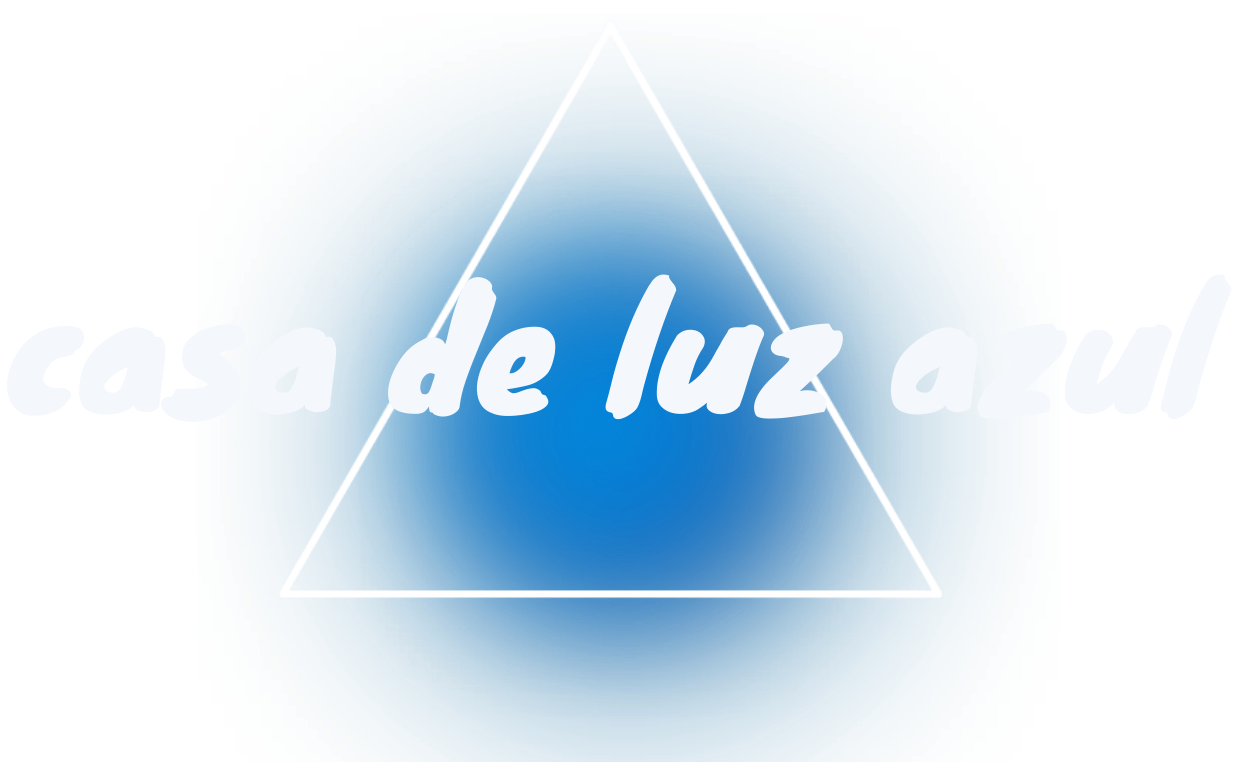safety & contraindications
while kambo is a profound healing ally for many, it's essential to understand that this powerful medicine is not appropriate for everyone. out of deep respect for your safety & the medicine's intensity, kambo ceremonies are not recommended for individuals with certain health conditions or life circumstances. if kambo isn't appropriate for your current situation, we're happy to discuss alternative healing approaches or recommend when it might be safe to revisit this powerful ally in the future.
contraindications
-
people with serious heart problems
-
people who have had a stroke
-
people on medication for low blood pressure
-
people who've had a brain hemorrhage
-
people who have aneurisms or blood clots
-
people who lack the mental capacity to make the decision to take kambo
-
people with serious mental health problems excluding depression & anxiety
-
people undergoing chemotherapy or radiotherapy for 4-6 weeks afterwards
-
people who take immune-suppressants for organ transplant
-
women who are pregnant or may be so
-
women who are breast-feeding a child under 6 months old
-
people with addison's disease
-
people with ehlers danlos syndrome
-
people with current & severe epilepsy
-
people who are recovering from a major surgical procedure
-
under 18 years of age
-
animals
cautions
people taking immune-suppressants for auto-immune disorders
people taking slimming, serotonin, or sleeping supplements
active drug or alcohol addiction
long-term or water fasting for 7 days before or after kambo other than required fasting
colonics, enemas, liver flushes, or any water-based detox should be avoided within 3 days either side of taking kambo
boerhaave’s syndrome or spontaneous rupture of the oesophagus. because kambo causes vomiting we need to have caution around some conditions that could weaken the oesophagus:
severe injury or trauma to the oesophagus from endoscopy
tumors in the throat
ulcers in the throat
physical trauma or injury to the neck
those who have or have had bulimia
gastro-intestinal reflux
history of smoking
chronic inflammatory response syndrome due to mould exposure
untreated eosinophilic esophagitis
oesophagus varices
portal hypertension
